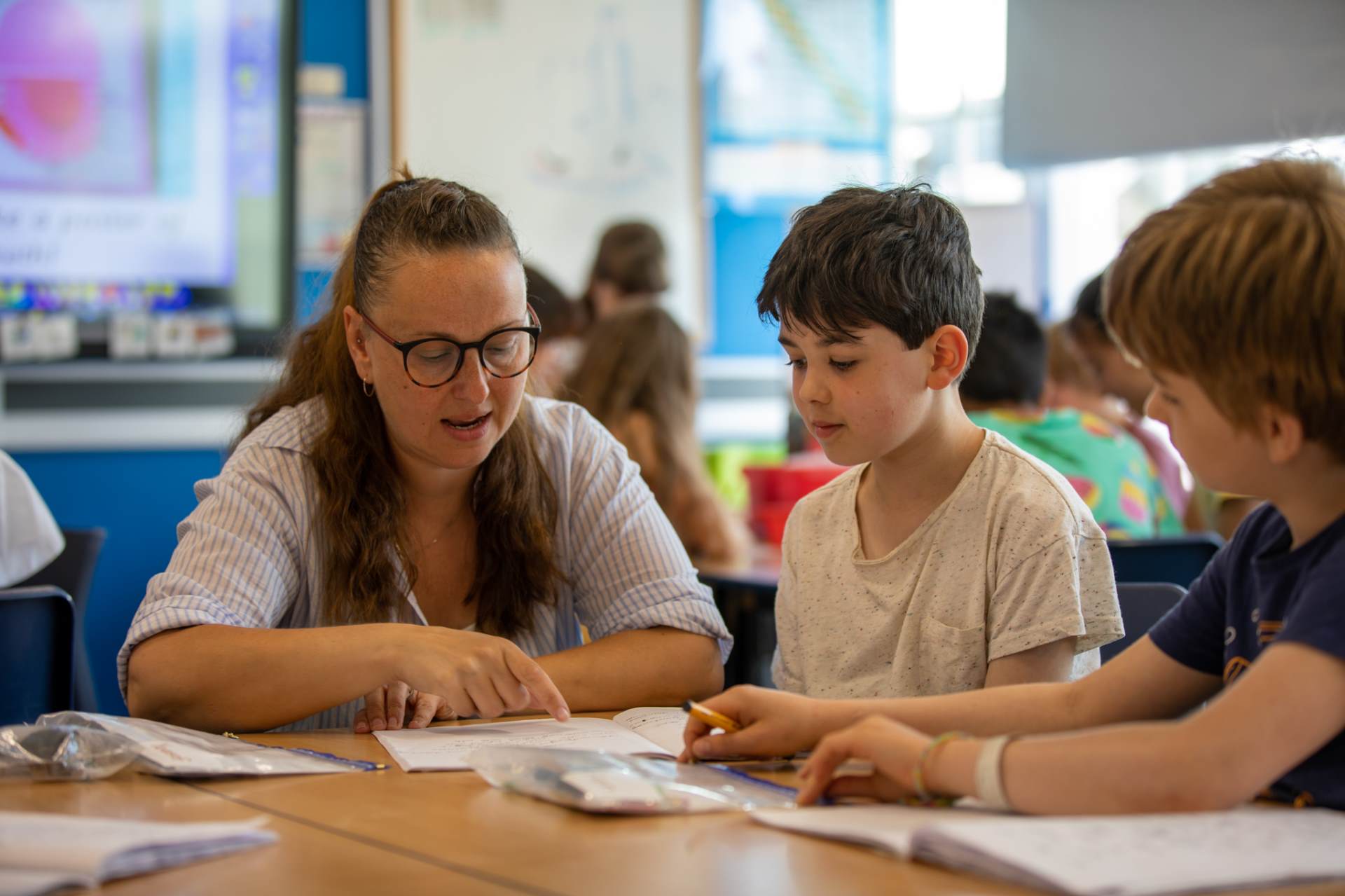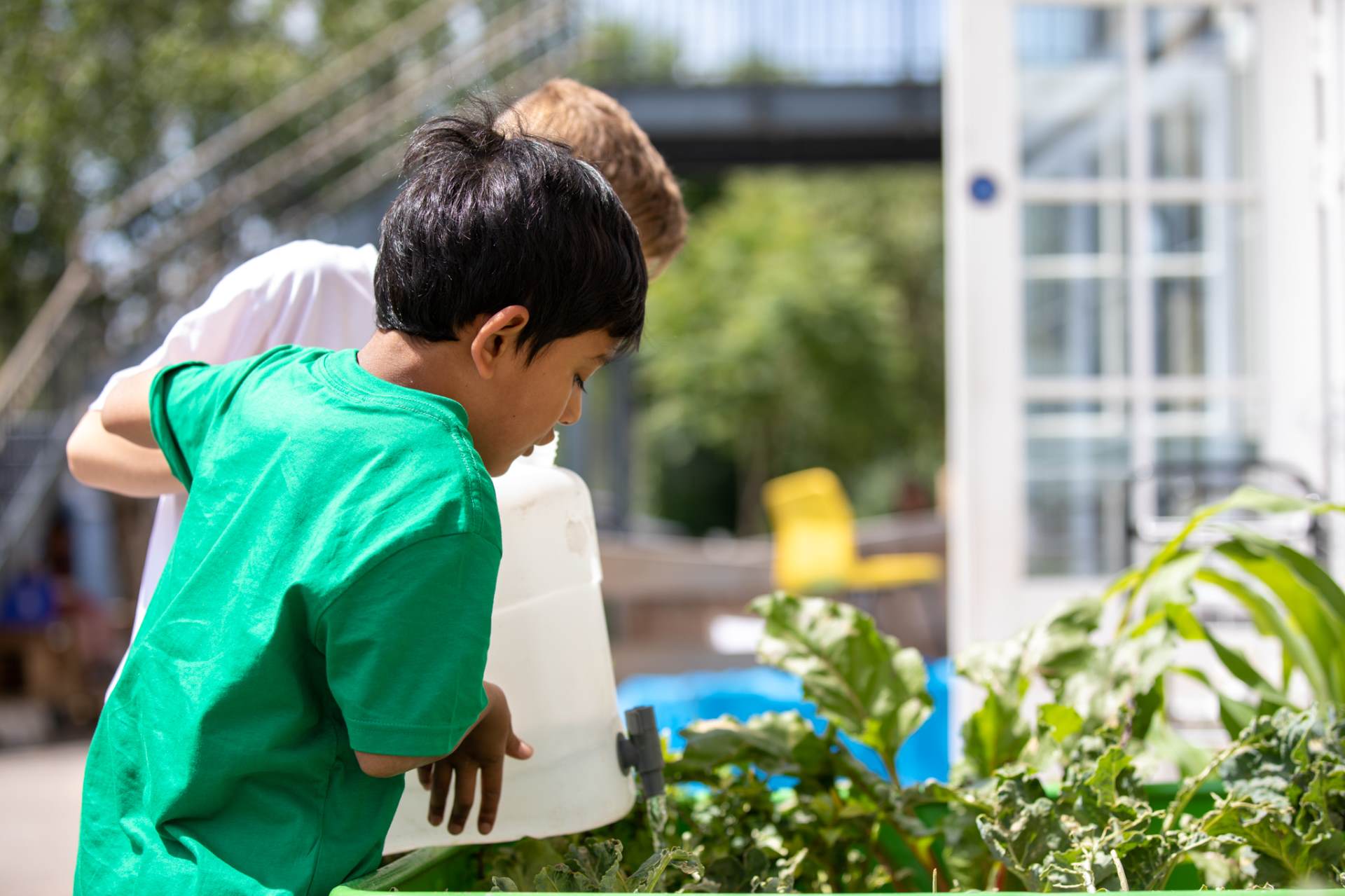Personal, Social & Health Education
Click here for our Curriculum overview for PSHE
At Hanover, we recognise that Personal, Social, Health and Citizenship Education (PSHCE) is at the core of everything we do.
Hanover’s school vision states that we aim to produce happy, well-motivated, well behaved and healthy children who have a lifelong habit of learning. We believe that how we teach is as important as what we teach, so much of our PSHE curriculum is demonstrated through our values, behaviour and interactions.
PSHE topics are discussed in regular whole school and phase assemblies. We use Circle Time, ideas from Philosophy For Children (P4C) to instigate discussions, and Smart School Council debates to enhance the children’s thinking about the se topics.
se topics.
Children also have regular PSHE lessons. These are planned using the Islington syllabus, You, Me, PSHE (Year 1-6) as a basis.
The syllabus is designed around seven ‘stems’:
- Physical health and wellbeing
- Keeping safe and managing risk
- Identity, society and equality
- Drug, alcohol and tobacco education
- Mental health and emotional wellbeing
- Careers, financial capability and economic wellbeing
- Relationship and sex education
The curriculum builds the children’s knowledge and skills with developmentally-appropriate material as they progress through the school (see Whole School Overview). For example, as part of the Mental Health and Emotional Wellbeing stem, the children in Key Stage 1 (Y1 & Y2) learn about different types of feelings and how to manage them. In Upper Key Stage 2 (Y5 & Y6) children learn about everyday ways to look after our mental health, and about the stigma and discrimination that can be attached to mental health issues.
PSHE in the Early Years
The EYFS curriculum is built upon three prime areas: Communication and Language (CL), Physical Development (PD), and Personal, Social and Emotional Development (PSED). All three of these areas are interlinked, and encompass skills which support children’s PSHE.
is built upon three prime areas: Communication and Language (CL), Physical Development (PD), and Personal, Social and Emotional Development (PSED). All three of these areas are interlinked, and encompass skills which support children’s PSHE.
Our free-flow, play-based provision ensures that young children develop skills in making relationships, in self-confidence and self-awareness and in managing their feelings and behaviour (the PSED prime area). We also teach children how to sort out their difficulties with friends independently through talking to each other, and to name and discuss feelings (the CL prime area). Young children develop their understanding of a healthy lifestyle, and some self-care skills (the PD prime area) by (for example) being given opportunities to choose whether to wear an apron, and when to have their snack.

